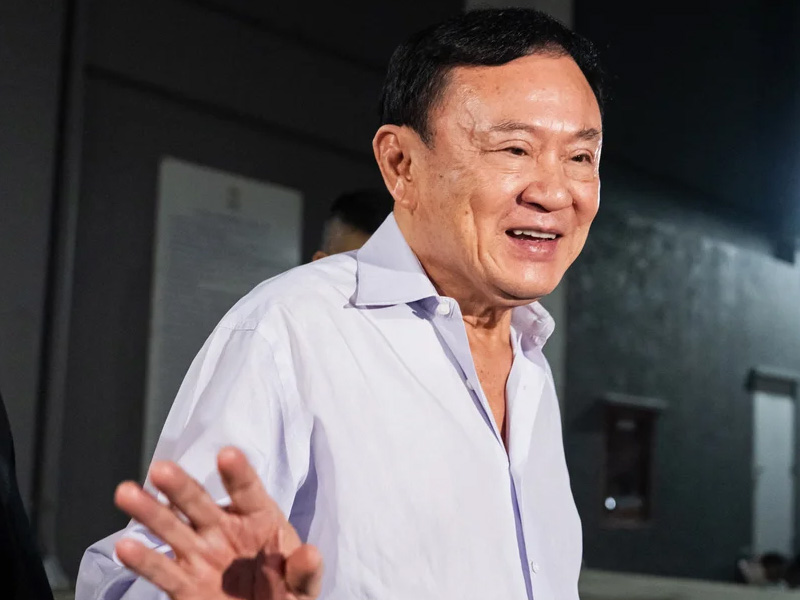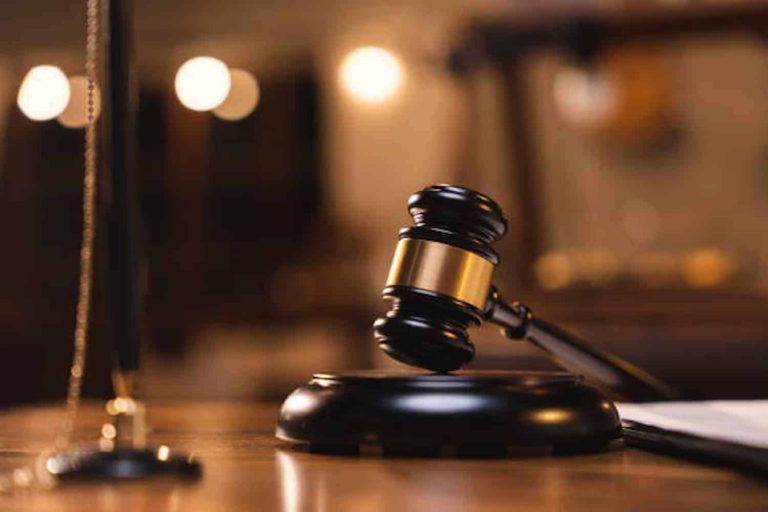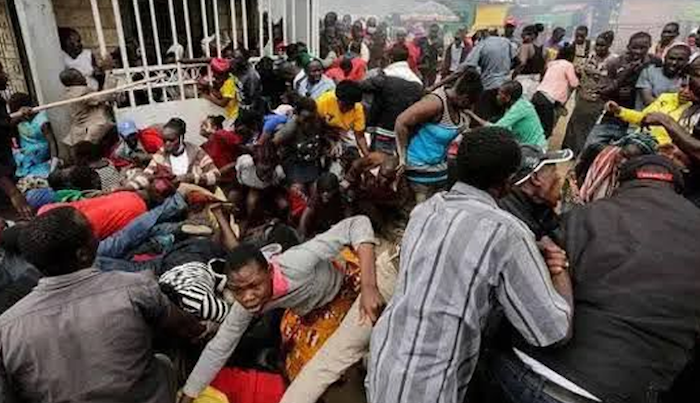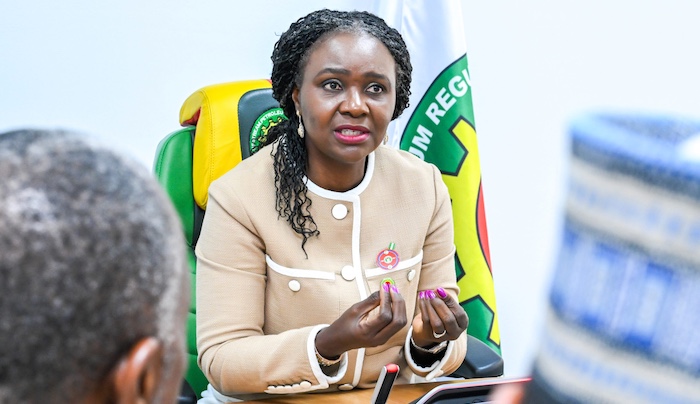
Thailand’s Supreme Court ruled Tuesday that former Prime Minister Thaksin Shinawatra must serve a one-year prison sentence, finding that his previous detention in a hospital did not fulfill the terms of his punishment.
The court determined that procedures were violated when Thaksin was transferred directly to a police hospital rather than remaining in prison, and it concluded he intervened in the process to avoid incarceration.
After returning to Thailand in 2023 from more than a decade in self-imposed exile, Thaksin was sent to Bangkok’s Police General Hospital just hours after entering prison. Authorities cited “urgent medical needs,” but the court found that his condition at the time was treatable in the prison hospital and no formal prison medical evaluation was conducted before the transfer a breach of protocol.
Though his original eight-year sentence was commuted to one year by King Maha Vajiralongkorn, and he was granted parole after six months, critics questioned whether Thaksin had received preferential treatment. Tuesday’s ruling confirms some of those suspicions.
The court added that the hospital’s justification for extending his stay citing urgent neck surgery was misleading. Thaksin ultimately underwent minor procedures for a locked finger joint and tendonitis in his shoulder, not the serious spinal condition originally claimed. No neck surgery took place before his release.
Judges concluded that Thaksin had manipulated his medical treatment to avoid returning to prison, and that his hospital stay could not be considered valid detention under Thai law.
Following the decision, Thaksin was taken back into custody and returned to Bangkok Remand Prison.
In a statement shared to his official Facebook page, Thaksin accepted the court’s ruling.
“I’d like to look into the future, to give conclusions to everything, whether the legal proceedings or the conflicts that were caused by or related to me,” the post read. “From today, although I’m without freedom, I still have freedom of thought for the benefit of the country and its people.”
Thaksin arrived at the Supreme Court with his children, including Paetongtarn Shinawatra, who briefly served as Prime Minister before being ousted last month for ethics violations related to a controversial phone call with Cambodian Senate President Hun Sen.
After the ruling, Paetongtarn expressed support for her father, praising his legacy.
“I’m worried about my father, but I’m also proud that he has created so many historic moments for the country,” she told reporters. “It’s quite tough, but of course we are still in a good spirit, both my father and our family.”
Thaksin served as Thailand’s prime minister from 2001 until 2006, when he was deposed in a military coup while abroad. He returned briefly in 2008 to face corruption charges but fled again, remaining overseas for over a decade. He has always maintained the cases against him were politically motivated.
His return last year was met with mixed reactions applauded by supporters who view him as a populist reformer and criticized by opponents who see him as corrupt and power-hungry. His influence has continued to shape Thai politics, often from behind the scenes.
Just last month, a separate royal defamation case which carried a potential 15-year sentence was dismissed by a criminal court.
With Tuesday’s ruling, Thaksin now faces a renewed stint behind bars this time, under the strict scrutiny of the judiciary and the public.
Erizia Rubyjeana



